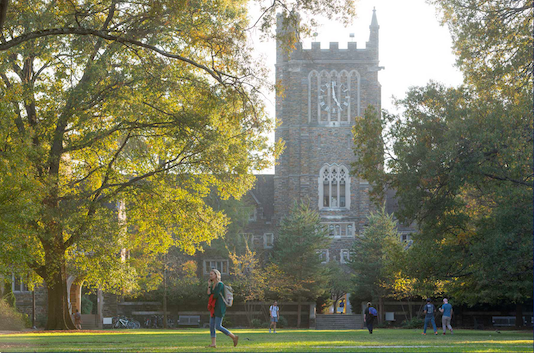Computational Neuroscience Seminar: Adaptive and maladaptive dynamics of reward learning and mood: new theory and how to test it

Our mood reflects the good and bad outcomes we experience, but it also often seems to fluctuate without apparent reason. In this talk, I will show that mood dynamics such as escalations and oscillations that may otherwise seem chaotic could in fact arise out of a tractable interaction between mood and reward learning: unexpected rewards affect mood and mood in turn affects responses to subsequent rewards. I will present behavioral and neuroimaging evidence for this two-way interaction, and develop a computational model that reveals its adaptive and maladaptive consequences. On one hand, it can 'correct' learning to account for global changes in the availability of reward in the environment; on the other hand, it might give rise to unstable oscillatory dynamics that result in emotional instability. I will introduce a novel smartphone-based experimental approach that allows directly studying how such affective-cognitive dynamics unfold over extended periods of time.






